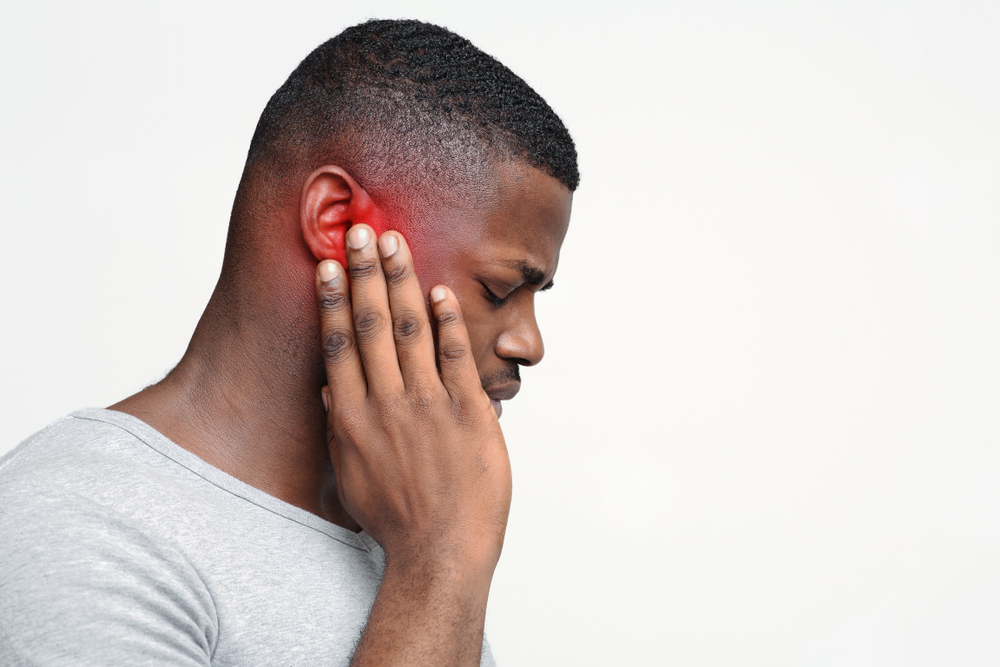Living with tinnitus presents daily challenges, with some days feeling more burdensome than others. Understanding why tinnitus seems worse on certain days can empower individuals to manage the condition effectively. Tinnitus, characterized by persistent ringing in one or both ears, can be influenced by various factors, including medical issues, lifestyle choices, and environmental exposures.
The medical influences on tinnitus
Several medical factors can contribute to the severity of tinnitus symptoms:
- Medications: Certain drugs, such as antidepressants, antibiotics, and high-dose aspirin, have been linked to exacerbating tinnitus. It’s essential to discuss any concerns about medication-related tinnitus with a healthcare provider.
- Jaw Issues: Individuals with jaw problems should explore potential connections to their tinnitus, as addressing these issues may provide relief. The intricate relationship between the jaw and the ears underscores the importance of seeking professional advice.
- Earwax: While earwax serves a protective function, excessive buildup can worsen tinnitus. Seeking assistance from medical professionals can help manage this issue, often through safe and effective ear cleaning techniques.
- Infections: Ear or sinus infections, even as minor as the common cold, can amplify tinnitus symptoms. Prompt treatment of infections can help alleviate associated discomfort and minimize tinnitus exacerbation.
- Allergic Reactions: Those with tinnitus and allergies should discuss medication adjustments with their healthcare providers. Managing allergies effectively can contribute to overall tinnitus management.
- Blood Pressure Fluctuations: Monitoring blood pressure regularly is crucial, as fluctuations can contribute to tinnitus severity. Adopting lifestyle modifications and adhering to prescribed treatments can help stabilize blood pressure levels.
- Migraine Headaches: Stress associated with migraines can exacerbate tinnitus symptoms, along with sleep disturbances often accompanying migraines. Managing migraine triggers and adopting stress-reduction techniques may alleviate tinnitus-related distress.
- Other Medical Conditions: Inner ear problems, thyroid issues, and various medical conditions can directly cause or worsen tinnitus symptoms. Comprehensive management of underlying health conditions is essential for effective tinnitus control.
Non-medical factors impacting tinnitus
Beyond medical factors, certain lifestyle choices and environmental exposures can worsen tinnitus:
- Caffeine: Consumption of caffeine may directly contribute to tinnitus or indirectly affect it by raising blood pressure or disrupting sleep patterns. Moderation in caffeine intake may help minimize its impact on tinnitus symptoms.
- Smoking: Smoking can elevate blood pressure and constrict blood vessels, potentially worsening tinnitus symptoms. Quitting smoking or reducing tobacco use can have significant benefits for tinnitus management.
- Alcohol: Like caffeine and smoking, alcohol consumption can elevate blood pressure and exacerbate tinnitus. Limiting alcohol intake or avoiding it altogether may help reduce tinnitus flare-ups.
- Exposure to Loud Noise: Avoiding loud environments, such as concerts and machinery, as well as limiting high-volume headphone use, can help minimize tinnitus flare-ups. Utilizing ear protection in noisy settings is crucial for preventing further damage to the auditory system.
How to manage tinnitus effectively
To manage tinnitus effectively, individuals should prioritize discussions with healthcare professionals to address underlying medical issues and identify strategies for symptom management. Additionally, adopting healthy lifestyle habits like the following can contribute to overall well-being and may help alleviate tinnitus-related distress.
- Regular exercise
- Balanced nutrition
- Adequate sleep
- Stress management techniques
Cognitive-behavioral therapy (CBT), hearing aids, and sound therapy are among the interventions that may provide relief for some individuals experiencing tinnitus.
Through a combination of medical intervention, lifestyle adjustments, and coping strategies, individuals can regain control over their tinnitus and mitigate its impact on daily life.
Find an expert near you to explore medical interventions for your tinnitus.



